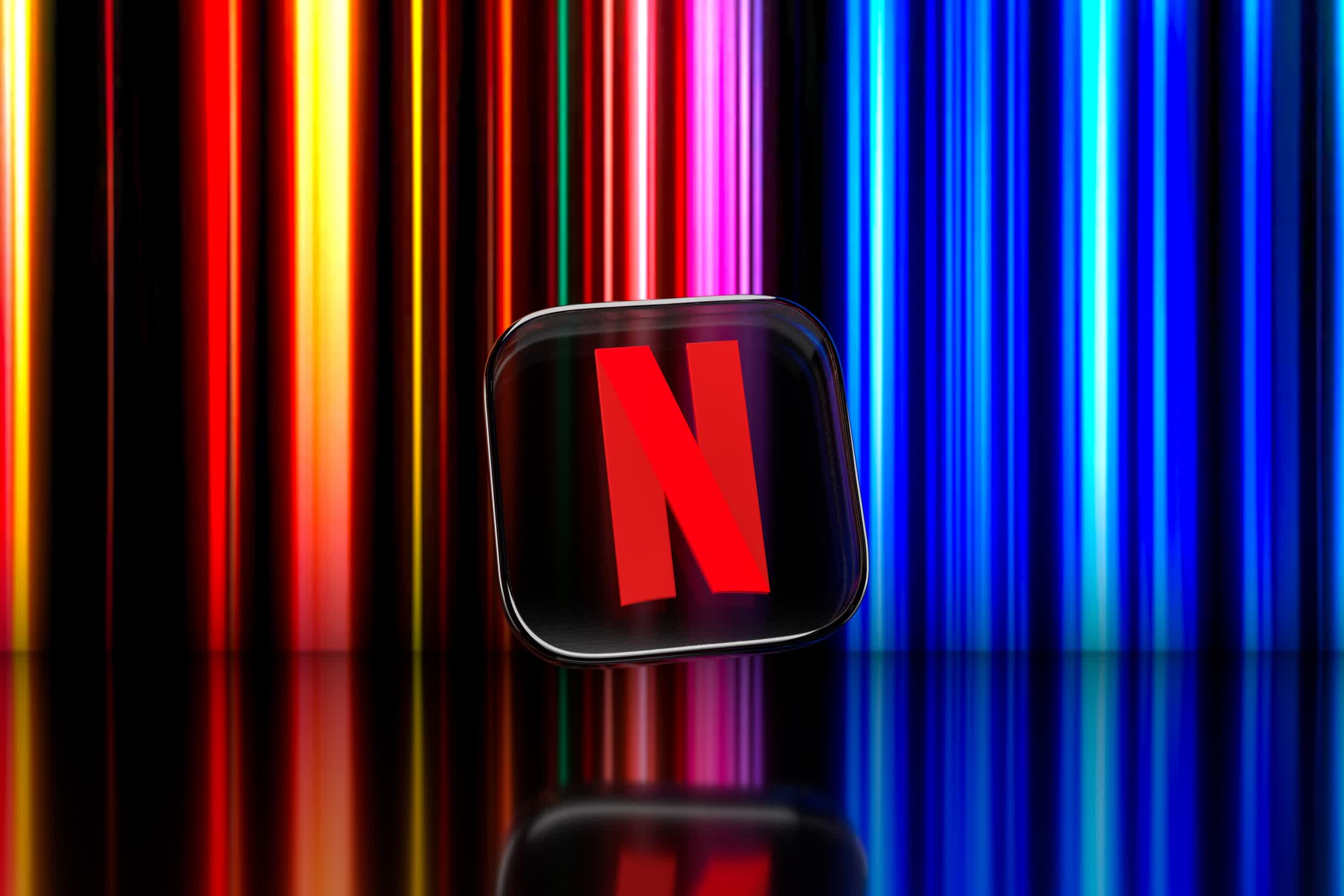Jobs
Netflix CEO: AI won’t steal creatives’ jobs, but those skilled on AI might

A hot potato: Ted Sarandos, CEO of Netflix, doesn’t believe that generative AI is going to one day replace writers, actors, and directors, but he does echo a warning we’ve heard several times this year: AI might not take your job, but someone well-versed in AI could replace you.
The threat that artificial intelligence poses to screenwriters and actors was one of the factors behind the months-long WGA and Sag-Aftra strikes last year. Many were worried that the technology could threaten their livelihoods or be used to replicate actors’ likenesses without permission or adequate compensation.
An agreement was eventually reached, ending the strikes, but some union members, especially those who provide their voice for video games, were unhappy with the deal.
Speaking in an interview with The New York Times, Sarandos said, “I don’t believe that an AI program is going to write a better screenplay than a great writer, or is going to replace a great performance, or that we won’t be able to tell the difference.”
Sarandos did, however, repeat a warning we’ve heard many times this year from CEOs, analysts, and others in the tech industry: “AI is not going to take your job. The person who uses AI well might take your job.”
The Netflix boss compared the world’s shift to AI and its impact to revolutions in the entertainment industry. “Remember how everybody fought home video? For several decades, the studios wouldn’t license movies to television,” he said. “So every advancement in technology in entertainment has been fought and then ultimately has turned out to grow the business. I don’t know that this would be any different,” he continued.
Sarandos also said adjusting to the AI era would be like the move away from DVD rentals to streaming, a change brought about by Netflix. “We entered into a business in transition when we started mailing DVDs 25 years ago. We knew that physical media was not going to be the future.”
“I think that AI is a natural kind of advancement of things that are happening in the creative space today, anyway,” he said. “Volume stages did not displace on-location shooting. Writers, directors, editors will use AI as a tool to do their jobs better and to do things more efficiently and more effectively.”
Netflix has previously talked about using AI across its operations, helping it to buy and create “great content,” notes Business Insider.
In February, OpeanAI introduced Sora, a text-to-video generator able to create very realistic high-definition clips. Sora can generate complex scenes with multiple characters, specific types of motion, and accurate details of the subject and background. It’s also able to create multiple shots within a single generated video.
Chillwave music artist Washed Out recently released a four-minute music video (below) earlier this month that was entirely created using Sora, which certainly hasn’t alleviated fears of AI taking creatives’ jobs.
Even Sam Altman, the CEO of OpenAI, believes that the tech his company and others are producing could lead to mass job losses. He has long called for a universal basic income to mitigate the impact of generative AI on the workforce, though Altman recently said this might be supplanted by what he calls universal basic compute, offering someone “a slice of GPT-7’s compute and they can use it, they can resell it, they can donate it to somebody to use for cancer research.”







:max_bytes(150000):strip_icc()/roundup-writereditor-loved-deals-tout-f5de51f85de145b2b1eb99cdb7b6cb84.jpg)


